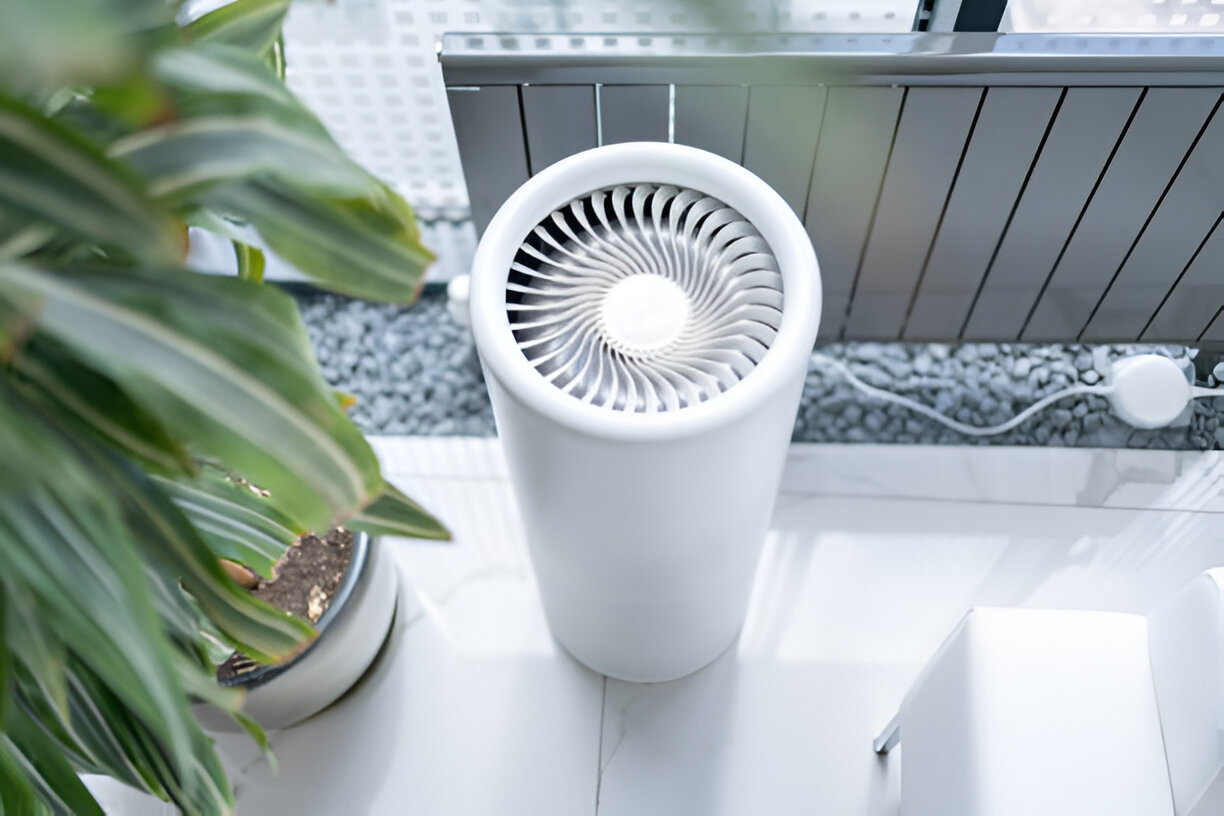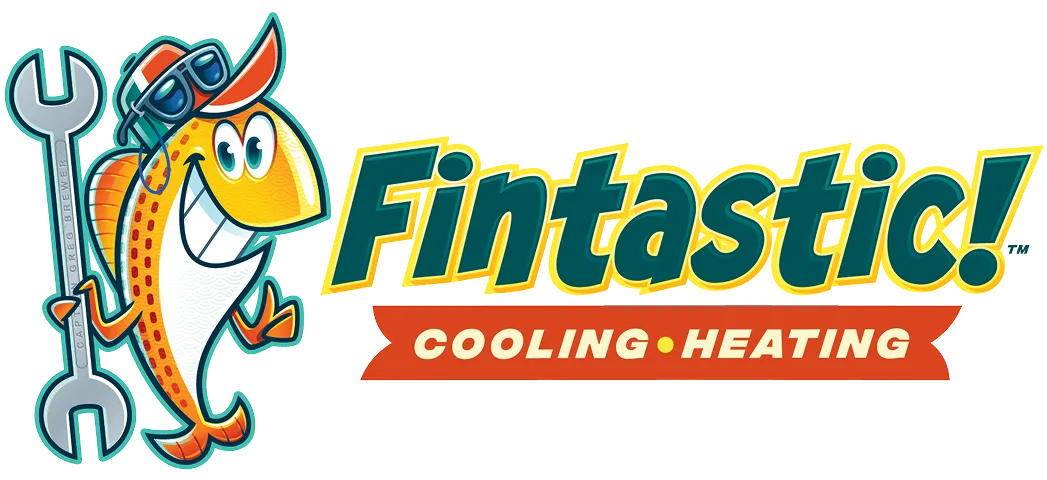Air Filtration in Bellaire, TX
Air Filtration in Bellaire, TX
Clean indoor air matters in Bellaire, TX. With hot, humid summers, seasonal pollen, and urban particulates from the greater Houston area, many homes experience higher indoor allergen and particulate loads than owners expect.

Why filtration matters in Bellaire, TX
Bellaire homeowners face specific indoor air quality triggers: high humidity that promotes mold and dust mite growth, spring and fall pollen events, pet dander in family homes, and fine particulate matter from traffic and nearby construction. Effective air filtration reduces allergy and asthma symptoms, lowers particulate loads, helps control odors and some VOCs, and can reduce dust accumulation on surfaces and in ductwork.
Types of air filtration systems
- True HEPA portable air purifiers
- Removes 99.97 percent of particles down to 0.3 microns.
- Best for localized rooms (bedrooms, living rooms) and allergy relief.
- Pros: High capture efficiency for pollen, pet dander, smoke particulates. Cons: Needs correctly sized unit and regular filter changes; limited coverage per unit.
- MERV-rated HVAC filters (MERV 6 to MERV 13+)
- Installed in the furnace or air handler; rated by ASHRAE standards.
- MERV 8 to 11: good for dust and pollen in typical homes. MERV 12 to 13: captures finer particles including some bacteria and fine smoke particulates.
- Pros: Whole-home protection when compatible with the HVAC blower. Cons: High MERV media can increase static pressure and reduce airflow if the system is not designed for it.
- Whole-house media filters
- Deeper pleated filters or filter cabinets mounted in the return plenum.
- Pros: Higher dust-holding capacity, less frequent replacement, better for homes that need constant whole-home filtration. Cons: Higher initial cost and may require professional installation.
- Electronic air cleaners and ionizers
- Use electrostatic precipitation or bipolar ionization to remove particles.
- Pros: Can capture fine particles without large pressure drops. Cons: Some technologies may generate ozone or have variable effectiveness; choose systems that meet safety standards.
- Activated carbon filters
- Designed to reduce odors and some volatile organic compounds (VOCs).
- Often combined with HEPA filtration in portable units or added as media layers in whole-house systems.
Choosing the right filter for your Bellaire home
- Assess coverage: Use Clean Air Delivery Rate (CADR) and room size for portable units. For whole-home options, match filter efficiency to your HVAC blower capacity.
- Balance MERV vs airflow: Higher MERV improves capture of small particles but may stress older HVAC systems. Many Bellaire homes benefit from MERV 8 to 12 range; MERV 13 is ideal only when the system is rated to handle it.
- Consider specific needs: Allergies and asthma lean toward HEPA or high-MERV solutions. Odors or smoke concerns call for activated carbon in addition to particle filtration.
- Look at ventilation: Filtration works best alongside proper ventilation and humidity control. In humid months, run dehumidification to prevent microbial growth on filters.
Installation and maintenance guidance
- Professional assessment: Have an HVAC pro evaluate static pressure and system compatibility before upgrading to higher-MERV media or installing whole-house units.
- Filter replacement schedules:
- Portable HEPA filters: typically every 6 to 12 months depending on usage and pollutant load.
- Standard HVAC filters: every 1 to 3 months for fiberglass or pleated filters; deeper media filters every 6 to 12 months.
- Electronic cleaners: periodic cleaning of collection cells per manufacturer instructions.
- Proper sealing: Ensure filter housings and duct seams are sealed to avoid bypass where unfiltered air re-enters living space.
- Pre-filters: Use washable or disposable pre-filters to extend the life of higher-efficiency media.
- Duct maintenance: Regular duct inspection and cleaning when there is heavy dust or after renovations to restore system performance.
Performance expectations and measurement
- Realistic results: Expect measurable reductions in airborne particulate counts within days for portable HEPA units in a closed room; whole-house upgrades will show progressive reductions across the home over weeks.
- Key metrics:
- CADR: Indicates how quickly a unit filters air in a room.
- Air changes per hour (ACH): How many times the air in a room is filtered each hour.
- Particle reduction percentages: Professional testing can show percent reduction for specific particle sizes.
- Testing methods:
- Portable particle counters measure PM2.5 and PM10 before and after installation.
- Professional indoor air quality (IAQ) assessments include airborne particle counts, mold testing, humidity monitoring, and VOC screening.
- Safety note: Avoid ozone-generating devices and verify any electronic purifier has low ozone emissions and appropriate safety certifications.
Certifications and standards to check
- True HEPA versus HEPA-type: Look for the term "True HEPA" or HEPA H13/H14 where applicable and manufacturer testing to the 0.3 micron standard.
- MERV rating: Verified by filter manufacturers to ASHRAE 52.2 testing.
- AHAM Verified and CADR ratings for portable units show independent performance measurements.
- UL or ETL safety listings for electrical units; ozone emission testing where applicable.
- Manufacturer performance data should be supported by third-party testing or independent lab reports.
Pricing ranges and financing options for Bellaire residents
- Replacement HVAC filters: $10 to $60 per filter depending on MERV rating and size.
- Portable HEPA purifiers: $100 to $800 per unit depending on coverage and features.
- Whole-house media filter upgrade: $400 to $2,000 including higher-efficiency filter media and professional installation, depending on system complexity.
- Electronic whole-house purifiers or advanced media cabinets: $800 to $3,000 installed.
- Financing options: Many HVAC contractors offer installment or financing plans for larger upgrades, and third-party lenders provide home improvement financing. Additionally, some energy efficiency programs and local utility incentives may offset costs for eligible equipment. Check eligibility and terms locally.
Long-term benefits and maintenance summary
Investing in the right filtration system for a Bellaire home improves daily comfort for allergy and asthma sufferers, reduces cleaning frequency, and can help HVAC equipment run more efficiently by keeping coils and components cleaner. The most effective approach often combines whole-home filtration with room-specific HEPA units in bedrooms and common living areas, plus regular maintenance and humidity control during hot, humid months.
Choosing a solution starts with understanding your specific indoor air concerns—pet dander, pollen, smoke, odors, or dust—and matching filter efficiency to your HVAC capacity and home layout. With proper selection, installation, and upkeep, families in Bellaire can expect noticeably cleaner indoor air and measurable reductions in airborne particles.
Customer Testimonials
Our customers praise our exceptional service and attention to detail, consistently exceeding expectations.































































